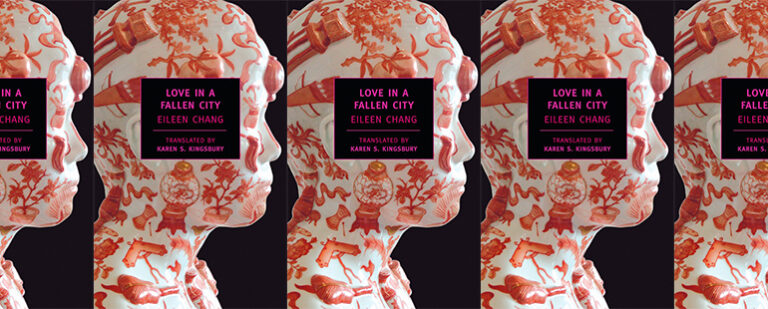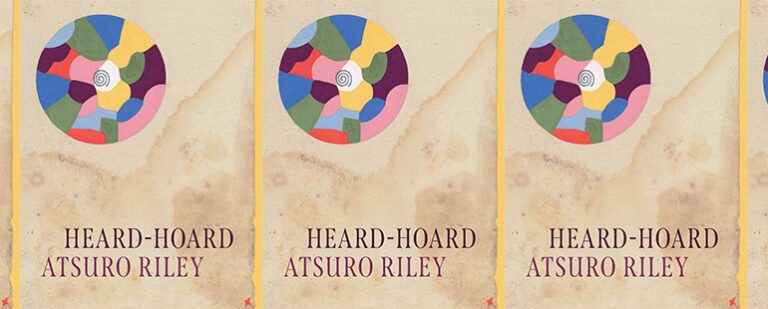Not Unlike…
Readings in World Literature
Srikanth Reddy
Omnidawn, 2012
42 pages
$11.95
Editor’s note: P. Scott Stanfield holds a Ph.D. in English and teaches literature at Nebraska Wesleyan University. Recently, I challenged him to see how many references to other works and artists he could make in a single 500-word review. He gets one point for each, or two for any he hasn’t used in a previous column. Last month’s score: 31; this month’s score: 20.
– Andrew Ladd
Readings in World Literature, Srikanth Reddy’s new chapbook, is hard to describe. The back cover calls it a “prose sequence,” but the acknowledgements page calls it a “poem.” Likewise, it straddles the fiction/non-fiction divide. Reddy really does teach “Readings in World Literature” at the University of Chicago, but not “Introduction to the Underworld,” as he does in the text. He and Suzanne Buffam really do have a daughter named Mira, and he may really have developed a melanoma; since he teaches at the University of Chicago, he quite possibly really had a student who described himself as a “Zen Naxalite crypto-Objectivist.”
Surely, though, he did not once open the door “to find a bloody skeleton on our front steps,” nor confront a crowd of faculty-offspring zombies while a scarecrow chanted the first choral ode from Antigone.
Let us say, then, we have thirty-two prose poems, or a prose poem in thirty-two sections, blending the fantastic and the actual while describing days from a semester in which the speaker teaches a comparative literature course on the theme of the underworld, translates parts of texts proposed for that course, suffers a frightening health crisis, does his bit as the father of a young child, monitors our country’s deepening dilemma in Iraq, and has underworld visions of his own.
My brief is to find literary precedents, but Reddy’s text eludes comparison. The journal-like form recalls Robert Creeley’s A Day Book or Paul Muldoon’s Prince of the Quotidian, but Reddy’s tone is unlike either, morphing from erudite to satiric to macabre to tender. Its wry engagement of the domestic (diapers to change, snow-forts to build) is reminiscent of Rachel Zucker; its ability to braid seemingly accidental tangents into poetic purpose (Mesopotamian myth brings to mind the war in Iraq) might recall Robert Pinsky. Yet none of these will quite serve.
Reddy’s real literary precedent is hidden in plain sight: the journey to the underworld is the oldest literary topos of them all. Every literature course is in large part a dialogue with the dead. Pound knew this, beginning his Cantos with a translation of a Renaissance Latin translation of Odysseus’s visit to the underworld, where he will learn how to get home by listening to the shades. Reddy’s poem is a fresh, witty, and moving restatement of this wisdom. Death is always near—a zombie on the doorstep or a phone call with test results—and converse with the dead may be our best resource for facing it.
Falling asleep during his umpteenth screening of Cocteau’s (Orpheus-inspired) Blood of a Poet, Reddy dreams of an undersea underworld, with a submerged tanker named “Anamnesis.” Checking the word later, he finds it can mean “knowledge through memory,” or “the recollection of ideas which the soul knew in a previous life” or “a strong immune response.” In other words, he tells us, “it appears to be one of those words that won’t take death for an answer.”


